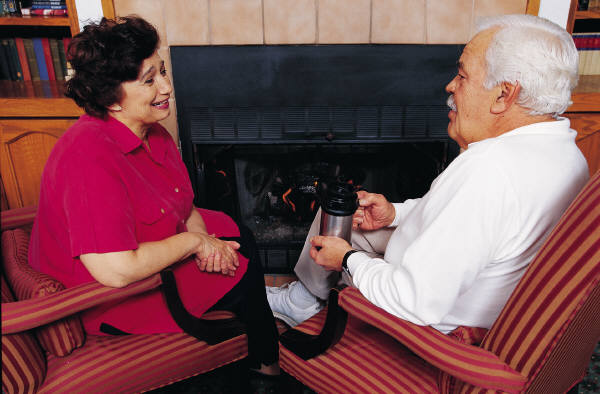
The number of adults caring for someone with a serious health problem is on the rise and is likely to continue growing as the population ages.
It is not uncommon for someone to take on the task of caring for an aging parent or relative in their elderly years. But what are the true costs of caring for an elderly loved one?
This math of the matter was the subject of a recent article in The New York Times titled “Assessing the Costs of Caring for an Aging
Relative.”
Bottom line: you do what you have to for the people you love. On the other hand, elder care can have some serious and unforeseen costs, some strictly for care and some in lost income or professional mobility.
Aside from dollars, there are the “costs” in terms of the caregiver’s health, too.
The original article lays out some of the facts, but the key considerations to master are the basic questions: What do you need to do? What can you do? And what can your elderly loved one do to plan ahead?
If you and your loved one are planning early instead of reacting to a crisis, then there are many steps you can take. For many, it will mean gaining a firm understanding of Medicare and Medicaid, none-too-simple topics in and of themselves. For others, there still may be the option of long-term care insurance.
Caring for a loved one is still an important option for most, those giving the care and those receiving the care. Indeed, such care is perhaps cheaper and more meaningful than nursing home care.
Whatever route you and your elderly loved one elect to take, be sure you weigh all of the rewards and risks carefully before committing to any course of care.
Reference: The New York Times (August 28, 2013) “Assessing the Costs of Caring for an Aging Relative”
For more information on elder law and estate planning, please visit my estate planning website.











